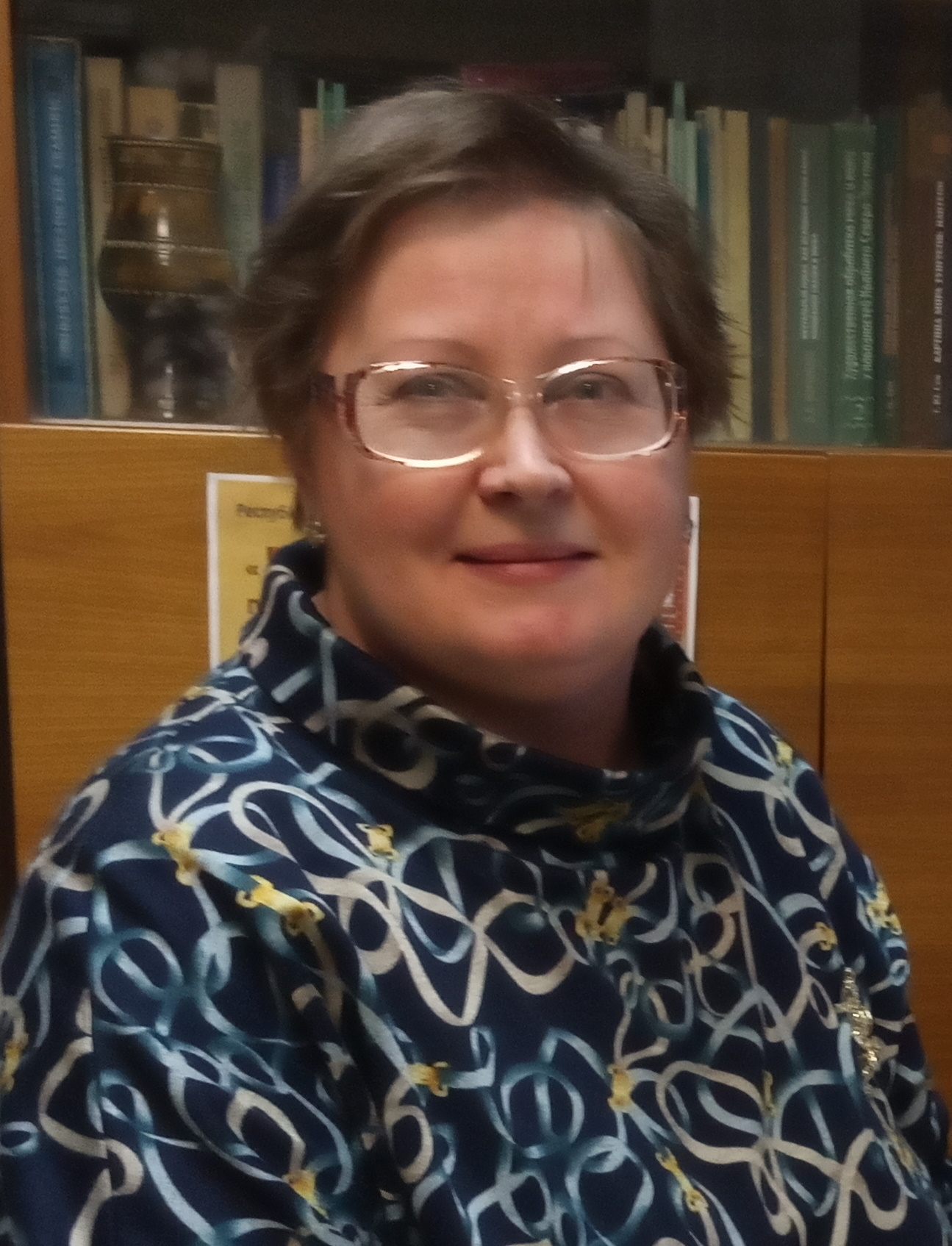The article considers the mental characteristics of the initiation features in the artistic and game culture of the Tungus-Manchus for the first time. In the ritual vocabulary of some Tungus-Manchu peoples (Nanai and Udege), words associated with the initiatory period of age – the first youth hunt and the birth of the first child by a woman – have been preserved. At the end of the 19th – beginning of the 20th century, they had rituals of gifting young men with hunting tools and military equipment. The rituals were accompanied by holidays and the hunting ones survived until the end of the 20th century. When girls attained the marriage age, they were supposed to wear a special headdress: the Nanai people have the image of the ancestral tree of life, the Evenks have the image of the sun as the giver of the souls of children. During this period, the girl's mother gave her a needle for embroidery and ornamentation of clothing and utensils. The initial rituals were preserved as separate elements in the games and ornamentation of clothing, utensils and dolls among the Tungus-Manchus. Among the Nanai boys, it was the game of figures of ancestors and deities who served as supreme initiators and personal assistant spirits, as well as various outdoor games related to military and fishing practices. Female initiation was associated with the cult of fertility, and was expressed in the game of the great ancestor goddess giving children, and dolls depicting the gods of fertility and family guardians. Among the modern holidays of the Tungus-Manchus people, the feasts of the best hostess and the best hunter have been preserved as archetypal memories of the initial age-related rites. The sacred initiation through the game reflected the mental characteristics associated with the images of ancestors, acquisition of hunting luck, attainment a personal patron spirit, and the idea of fertility.
Keywords: Tungus-Manchus, initiation, rites of passage, initial games, the first hunt, the first motherhood, the idea of fertility
DOI: 10.22250/2072-8662.2021.3.52-60
About the author
 |
Tatiana Yu. Sem – PhD (History), leading researcher at Russian Museum of Ethnography; |






